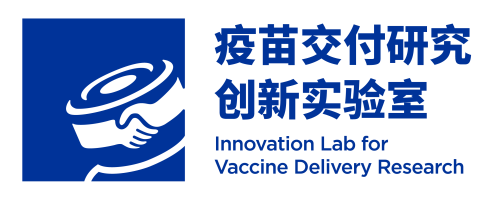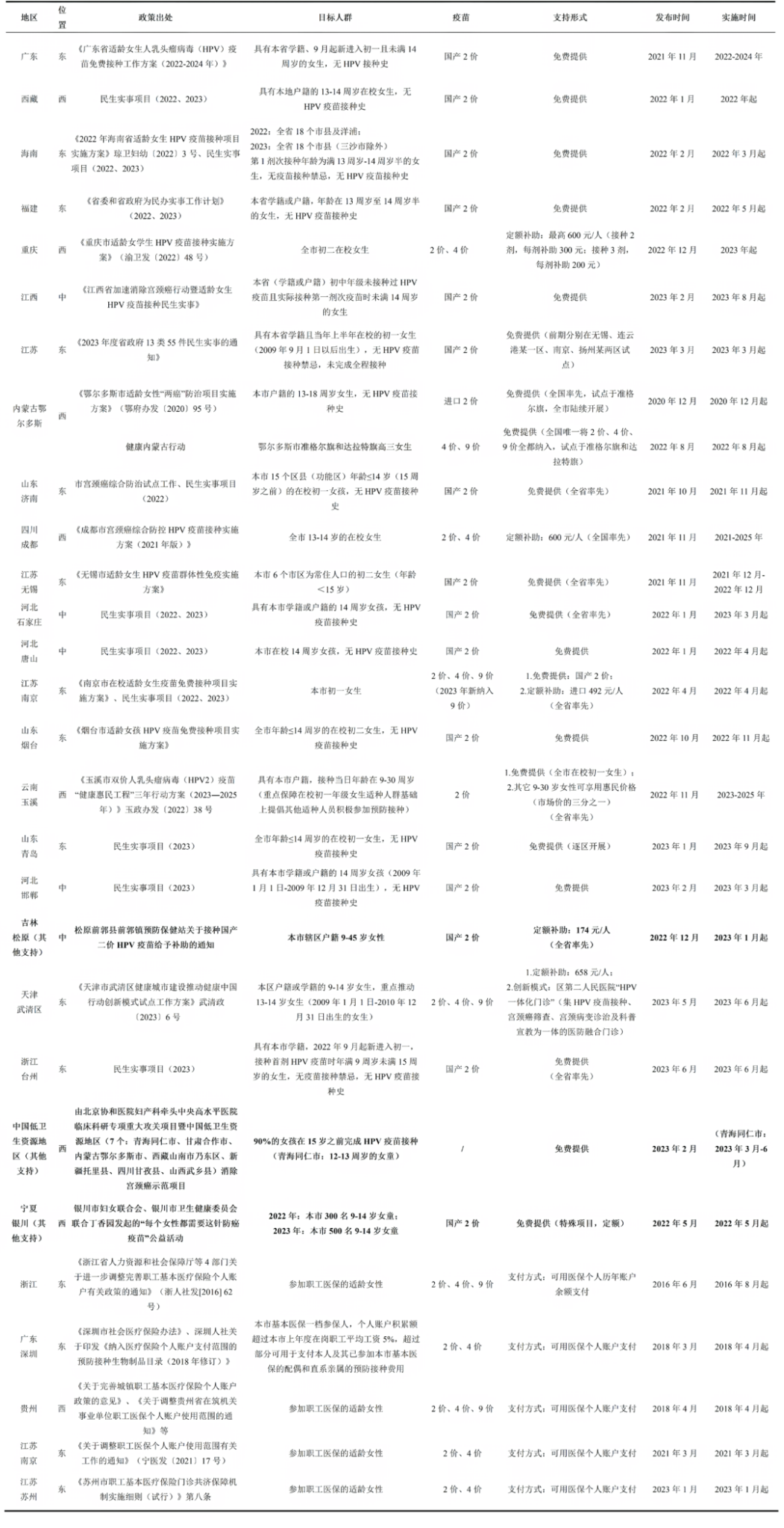Summary
Sri Lanka, a lower-middle-income country with a strong universal public health-care system, offers free or nearly free health services. As a lower-middle-income country, Sri Lanka is eligible for support through Gavi’s MICs Approach programme.
Its National Immunization Programme (NIP), currently fully government funded, was launched in 1978, includes ten vaccines against 12 diseases. Sri Lanka has been performing well in immunization coverage. NIP does not rely on OOP expenditure as a source of revenue.
The Epidemiology Unit under the Ministry of Health (MoH) serves as the primary entity governing immunization-related decision-making at the national level, advised by the National Advisory Committee on Communicable Diseases (NACCD), which functions as a NITAG.
All NIP vaccines procured by the country must undergo quality assurance by the National Medicine Regulatory Authority (NMRA) and Medical Research Institute (MRI) prior to being administered.
The public sector provides around 95% of the NIP vaccinations. The NIP does not employ dedicated delivery staff, and vaccination is embedded in integrated primary health care services as an extension of routine. The vaccine supply chain is managed by the medical supply division. Cold chain systems are monitored through automated mechanisms. Data from public-sector vaccinations are recorded in the national Web-Based Immunization Information System (WEBIIS), though private sector immunization records remain excluded.
About NIP Country Case
The NIP country case was part of the WHO APO report Comparative analysis of the national immunization programmes in select ASEAN and SAARC countries: progress and challenges. The study was conducted by the VaxLab team in 2023-2024.
More in the report Chapter 2 (PDF Page 59/154): https://iris.who.int/bitstream/handle/10665/380387/9789290620785-eng.pdf?sequence=1&isAllowed=y
Content Editor: Tianyi Deng
Page Editor: Ruitong Li





